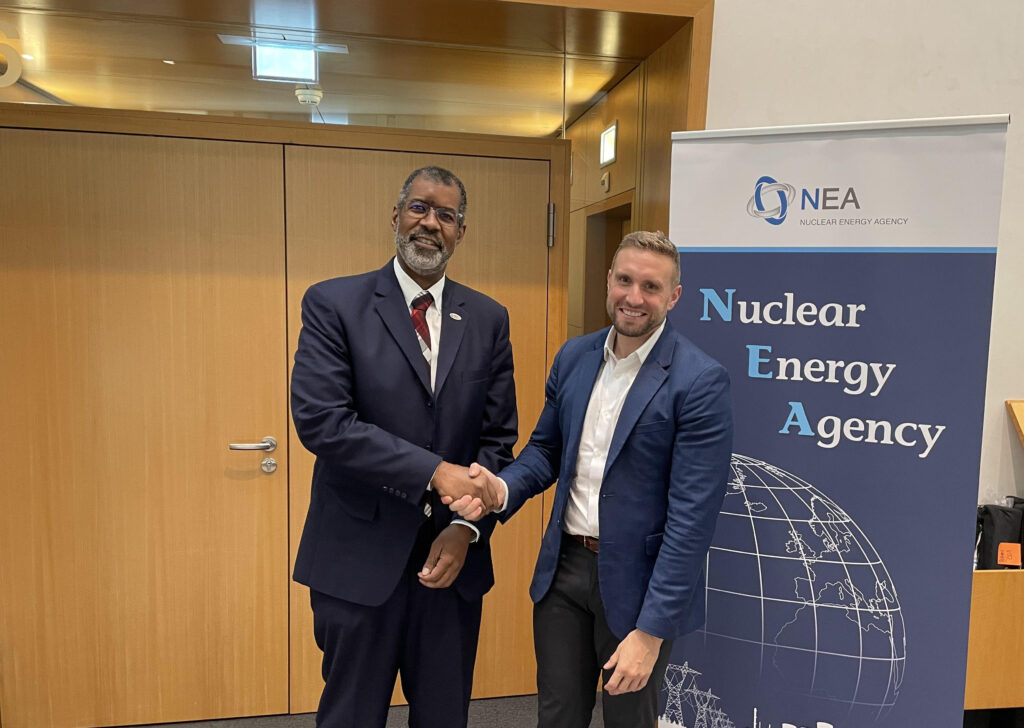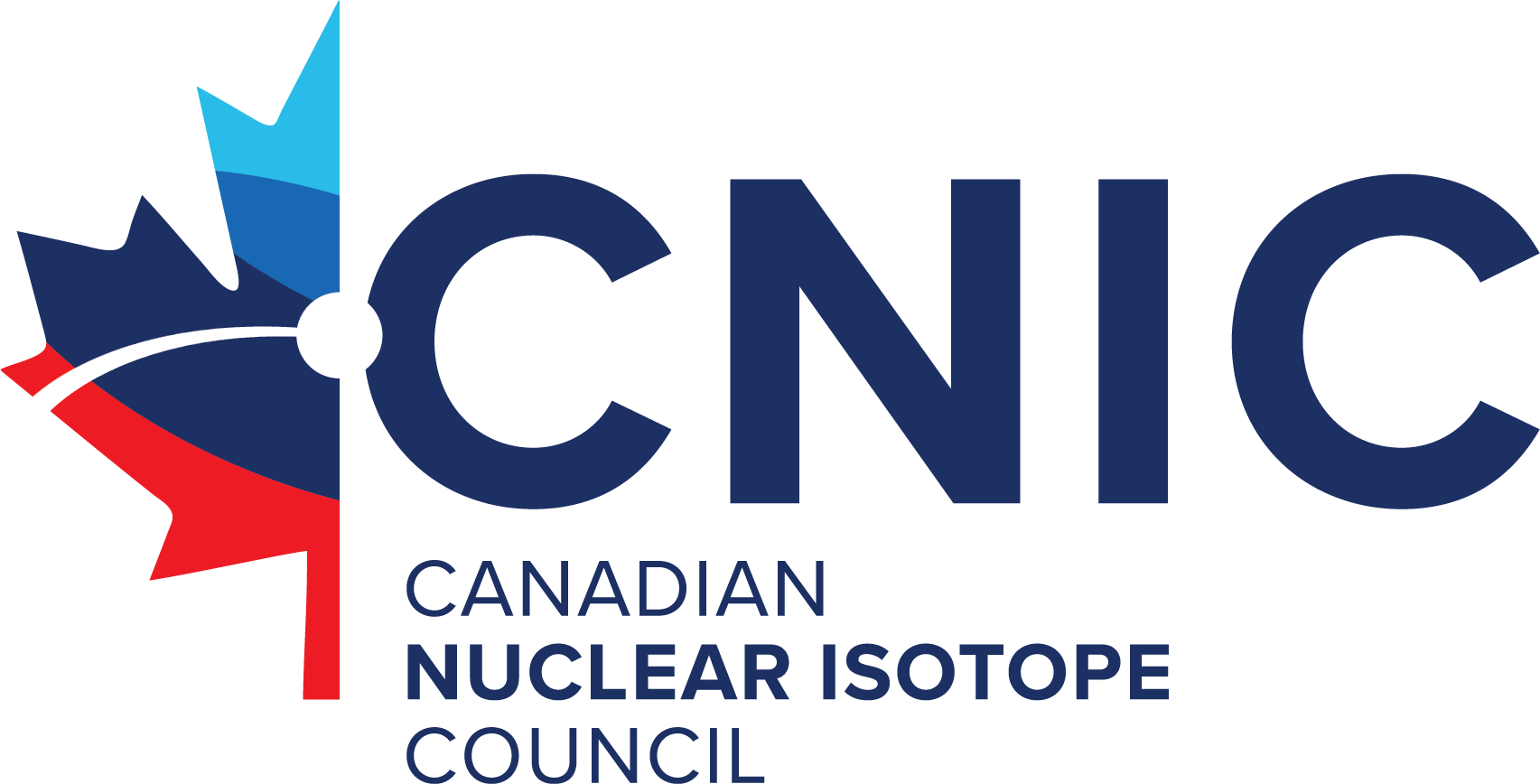Paris, France – October 31, 2023 – The OECD Nuclear Energy Agency (NEA) and Canadian Nuclear Isotope Council (CNIC) today announced plans for new collaborative efforts to help ensure the security of supply of medical radioisotopes. In modern medical practice medical radioisotopes are a vital tool. Their use in non-invasive diagnostic imaging can help identify critical conditions such as heart disease and cancer at an early stage. However, many of the most commonly used medical radioisotopes cannot be stored for very long. One of the most widely used medical radioisotopes, Molybdenum-99 (Mo-99), has a half-life of 66 hours. The half-life of Tc-99m, commonly used in brain, kidney and thyroid scanning, is just six hours. Supplying these radioisotopes is therefore a just-in-time challenge for the coalition of governmental and commercial entities that work together to supply the world’s requirements.

The plans include bringing together government and industry representatives for a series of workshops in 2024-2025. Each workshop will seek to build innovative strategies for strengthening the medical radioisotope supply chain while delivering insights, stakeholder engagement, and outreach in the field.
NEA Director-General William D. Magwood, IV, welcomed CNIC’s engagement: “Ensuring a secure supply of radiological isotopes is critical for advancing medical diagnostics and treatments, scientific research, and maintaining public health. Engaging with the CNIC will help advance the NEA’s longstanding role in the co-ordination of collaborative efforts among countries to ensure uninterrupted access to these life-saving tools for medical diagnosis and treatment.”
CNIC Executive Director Andrew Thiele emphasised his support for international co-operation in achieving the security of supply for medical radioisotopes. “Collaboration among companies in the dynamic landscape of medical isotope production is not merely a choice; it’s an imperative. Building out and securing the supply chains for various isotopes like Moly-99, Lutetium-177 (Lu-177), Actinium-225 (Ac-225), and Iodine-125 (I-125), among others, remains essential. A strong supply of isotopes is essential to our modern healthcare system. Together we can fortify the security of supply through shared expertise and resources to build a foundation that safeguards patients, advances healthcare, and shapes the future of medical science. We look forward to working with the NEA on this shared vision.”
The international supply chain for Mo-99 already benefits from a decade of increased investment by Organisation for Economic Co-operation and Development (OECD) countries. Current NEA assessments are that the existing production facilities, if well maintained and well scheduled, will be able to withstand limited periods of unplanned outage in the near and medium term. However, concerns remain about the relative age of many of the facilities used in the production of all radiological isotopes, Mo-99 in particular, as well as for any unexpected closures of existing production facilities. The time needed to replace facilities and introduce new technologies is a significant challenge. OECD countries continue to benefit from continued co-operation to manage large-scale or longer-term supply shocks equivalent to the 2022 loss of irradiation and processing capacity in Europe.
The announcement of the NEA-CNIC collaboration was made in the margins of the International Workshop on Medical Radioisotopes Supply, organised by the NEA on 30-31 October 2023 in Paris. Discussions during the event focused on the current status and future actions to ensure the reliable supply for a variety of isotopes, as well as the prospects for a new generation of innovative radioisotopes for diagnostics and therapy currently in development.
———–
The OECD Nuclear Energy Agency (NEA) is an intergovernmental agency that facilitates co-operation among countries with advanced nuclear technology infrastructures to seek excellence in nuclear safety, technology, science, environment and law. The NEA operates within the framework of the Organisation for Economic Co-operation and Development (OECD) and is located just outside Paris, France. The objective of the Agency is to assist its member countries in maintaining and further developing, through international co-operation, the scientific, technological and legal bases required for a safe, environmentally sound and economical use of nuclear energy for peaceful purposes.
